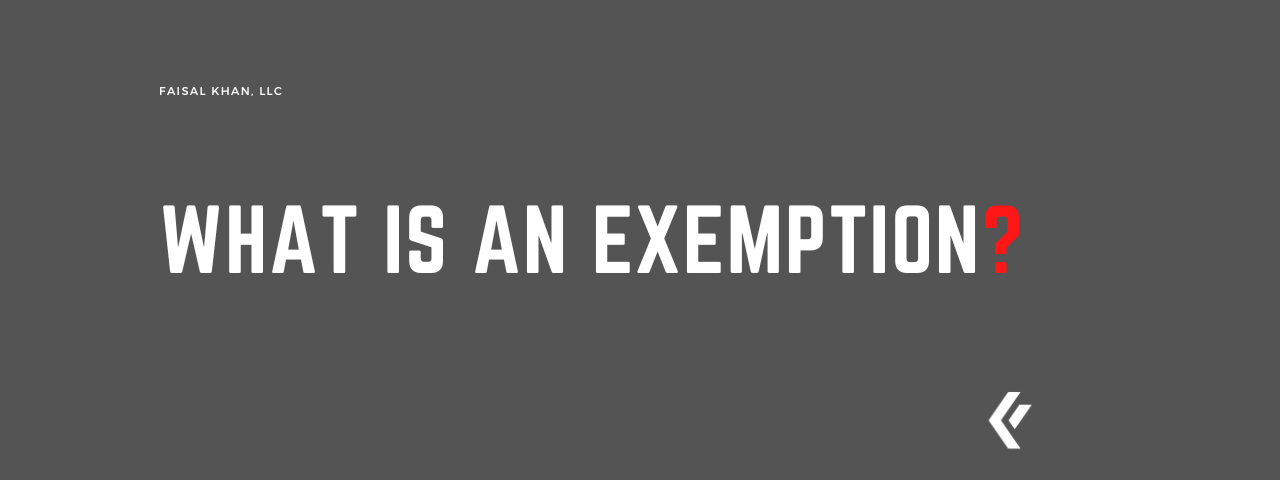Money transmitter exemptions allow businesses to transmit money without a license. This is an important distinction because many businesses, such as money services businesses (MSBs), are required to have a license in order to legally transmit money. These exemptions provide businesses with an opportunity to avoid the costs and burdens associated with obtaining a license.
Introduction
A money transmitter exemption is defined as an exemption from the requirement of obtaining a license to conduct money transmission activities. Money transmission activities can include the issuance of stored value, the receipt of money for transmission, and the transmission of money by any and all means. This exemption is typically granted to certain categories of businesses and organizations, such as banks, credit unions, and other financial institutions regulated by a federal agency or a state banking regulator.
Money services businesses (MSBs) are businesses that offer services such as foreign currency exchange, check cashing, and money transfers. In most cases, MSBs are required to be licensed in order to operate legally. The licensing requirements vary by state, but typically involve obtaining a surety bond, filing paperwork with the state’s financial regulator, and paying associated fees and taxes.
Explanation of common exemptions
There are several common exemptions from the money transmitter licensing requirement. Banks, credit unions, and other financial institutions regulated by a federal agency or a state banking regulator are exempt because they already have oversight from their respective regulator. Companies providing payment processing services without transmitting funds are also exempt. This includes companies that facilitate payments between two parties but do not actually transmit funds.
Businesses that accept payment through a third-party payment network may also be exempt from the licensing requirement. A third-party payment network is an online payment service that allows customers to make payments using their credit card or bank account. Examples of these networks include PayPal, Stripe, Apple Pay, and Google Pay.
Virtual currency exchanges that do not engage in the transmission of virtual currencies may also be exempt from the licensing requirement. Virtual currencies are digital assets that exist only in electronic form and are used as a medium of exchange for goods and services. Examples of virtual currencies include Bitcoin, Ethereum, and Litecoin.
Nonprofit organizations that provide money transfer services to their members are also exempt from the licensing requirement. Nonprofit organizations typically provide these services in order to raise funds for their cause or to provide access to financial services to those in need.
Businesses providing check cashing services without transmitting electronically may also qualify for an exemption from the licensing requirement. These businesses typically provide check cashing services in person at their physical location or through a mobile app without transmitting funds electronically.
There also may be other specific exemptions like Agent of Payee Exemption (albeit very few states are now allowing such an exemption).
FinCEN
The Financial Crimes Enforcement Network (FinCEN) is a bureau of the U.S. Department of Treasury tasked with protecting the U.S financial system from money laundering, terrorist financing, and other financial crimes. FinCEN requires all MSBs to register with the agency and maintain records related to their activities. Registered MSBs must also comply with anti-money laundering rules and implement customer identification programs to ensure they are not facilitating criminal activities.
Money transmitter exemptions allow businesses to legally transmit money without obtaining a license. These exemptions provide an opportunity for businesses to avoid the costs and burdens associated with obtaining a license while still allowing them to offer their customers financial services. However, even if a business qualifies for an exemption from the licensing requirement, they must still comply with FinCEN’s regulations and follow all applicable laws and regulations related to money transmission activities.
—
This page was last updated on June 5, 2023.
–

